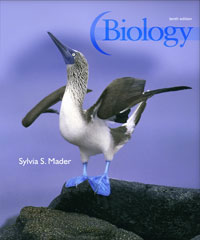1 A) 4 B) 2 C) 1 D) 8 2 A) Unicellular bacteria B) Prominent nucleus C) Many chloroplasts D) All of these 3 A) DNA only B) proteins only C) DNA and proteins 4 A) by binary fission B) sexually C) via meiosis 5 A) 23 B) 46 C) 92 6 A) centromere B) spindle C) aster D) centriole 7 A) nucleus B) cytoskeleton C) sister chromatids D) plasma membrane 8 A) Fragmentation of the nuclear envelope B) Disappearance of the nucleolus C) Separation of the sister chromatids D) Visible chromosomes 9 A) prophase B) metaphase C) telophase D) interphase 10 A) metaphase B) prophase C) anaphase D) telophase 11 A) the duplication of chromosomes in cells B) the partial distribution of chromosomes C) the destruction of surrounding cells D) All of these 12 A) mitotic B) G1 C) G2 D) S 13 A) metastasis B) angiogenesis C) differentiation D) anaplasia 14 A) neoplasia B) benign tumor C) anaplasia 15 A) G1, G2 and M B) G1, S and G2 C) M, S, and G2 D) M, S and G1 16 A) inhibits repair enzymes B) stops the cell cycle during repair C) inhibits apoptosis D) All of the above 17 A) mitosis B) cytokinesis C) apoptosis 18 A) the p53 gene B) survivin C) angiogenesis 19 A) 30 B) 60 C) 15 D) 10 20 A) tumor suppressor genes B) oncogenes C) stem cells D) haploid cells














